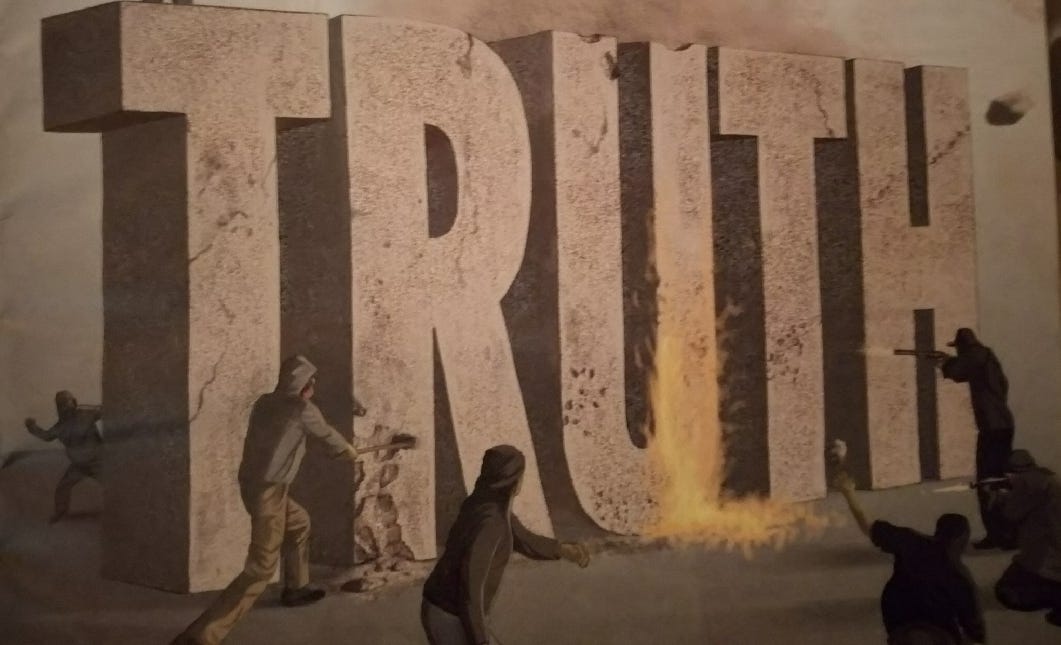
Finally, the ConCourt will deliver its verdict on Malawi's high-profile presidential election case on Monday next week.
It has been a messy period for the Malawian nascent democracy.
The Tripartite Elections of 21 May, 2019 revealed a nation split, bitterly, precisely down the middle, over who won the presidential election.
So precisely, in fact, that it threw the country into uncertainty.
A profusion of finger-pointing and accusations erupted over supposed voter irregularities.
And as the divided nation ranted and argued, it seemed the the only thing certain to do to end the misunderstanding was to take the matter to court.
But, in the midst of all the discussion, protests and arguments, an important question has cropped up: does choosing a leader have to be so complicated?
21 May, 2019 was supposed to be a day of absolutes---a day of truth.
On the election day, the people-the real source of power in Malawian democracy-were supposed to have chosen their leader, and then move on.
Not even the slickest politician can hide from his liability to the electorate.
There is no allowance for a dictator to frighten people into submission.
No office is guaranteed anyone through birthright or pedigree.
The ballot is the ruling authority in Malawi's democracy.
But, as we all know, that freedom to choose a leader appears to now lie in the hands of the five ConCourt Judges who are expected to make their verdict on the matter known on 3 February, 2020.
But, that question again, does choosing a leader have to be so complicated?



